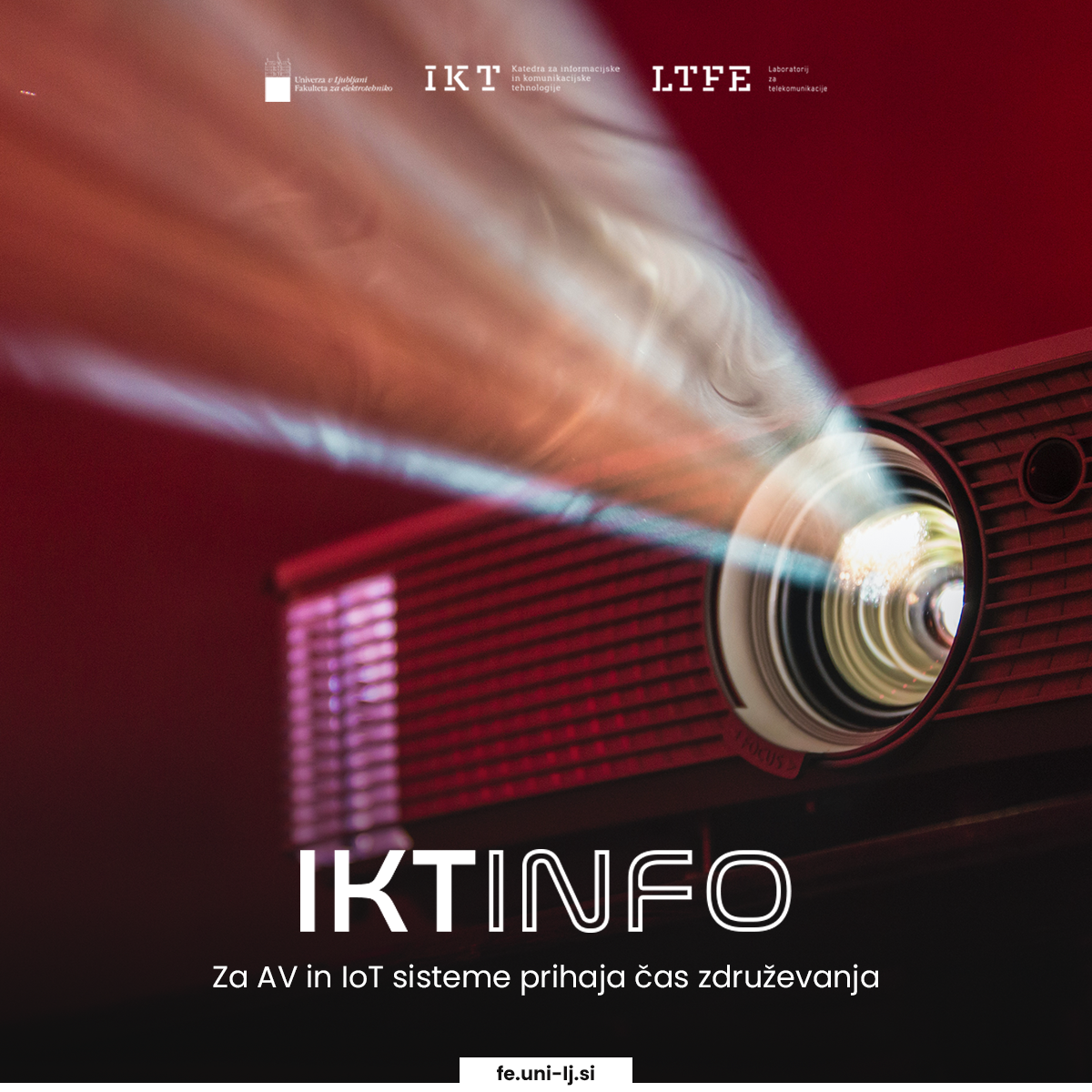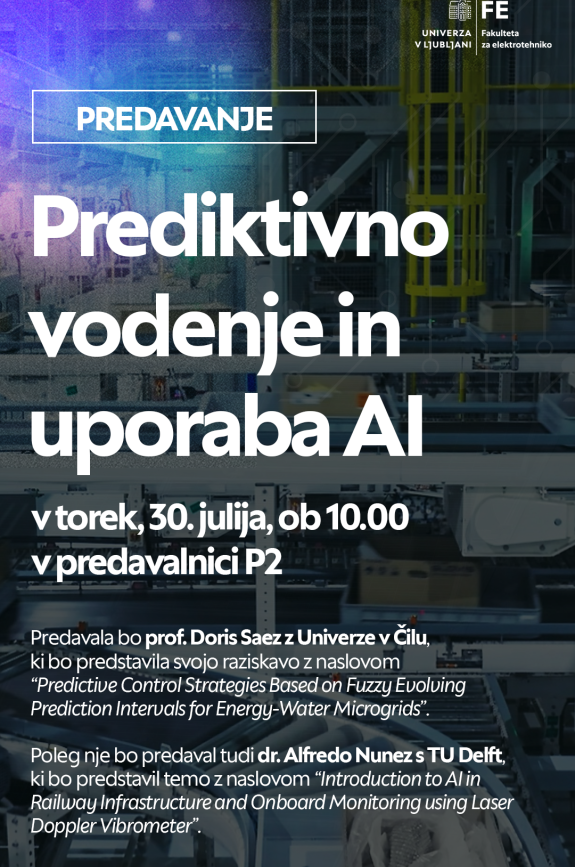[IKTinfo] Za AV in IoT sisteme prihaja čas združevanja
Datum objave: 14.11.2023Oblačne storitve stopnjujejo svoj vpliv na avdio-video industrijo, pri čemer prinašajo nove zmogljivosti in spreminjajo način načrtovanja, nameščanja in delovanja AV-sistemov, ocenjuje analitsko podjetje Futuresource Consulting v novi raziskavi o razvoju AV-industrije.
Neizogiben vzpon interneta stvari (IoT), skupaj z oblakom, virtualizacijo in aplikacijami utemeljenih na vsebnikih, združuje AV in IoT naprave v skupno domeno, pri čemer se tako AV kot tudi IoT trg osredotočata na podatke, povezljivost in avtomatizacijo. Oba pa poganja potreba po optimizaciji zmogljivosti in ustvarjanju uporabniške izkušnje, kakšna prej ni bila mogoča. Omrežne naprave se namreč vse bolj zavedajo svoje vloge, na področjih od pametnih mest in avtomatizacije stavb, do maloprodaje, zdravstva in tudi izobraževanja. Podjetja virtualizirajo vse več svojih osnovnih komponent, prenos podatkov pa postaja vse bolj dostopen in komunikacije vse bolj brezhibne. Vendar pa naraščajoča želja po premiku AV-rešitev iz infrastrukture z vezji na paketne rešitve omogoča AV-industriji, da se poglobi v IT-industrijo. Ta trend se kaže v prehodu s tradicionalnih matričnih stikal na stikala po protokolu AV-over-IP (AVoIP), ki omogočajo omrežno povezovanje naprav in so priložnost za monetizacijo. Ko se ponudba storitev premakne na naslednjo stopnjo rasti, ki sovpada s širitvijo zmogljivosti daljinskega spremljanja in upravljanja, se bo povečala resnična vrednost za AV-stranke. Futuresource opozarja, da mora AV-industrija šele najti učinkovit način za zagotavljanje celovitih storitev, ker ji zaenkrat manjka sposobnost ocenjevanja uspeha servisnega modela ter ji primanjkuje kadrov s pravimi znanji za izkoriščanje priložnosti, ki jih prinaša AV-IoT povezava. AV-podjetja bodo v celoti izkoristila priložnosti, ki se jim bodo ponujale samo s premostitvijo vrzeli v znanju in spretnostih.
Gospodarstvo, proizvodnja, izobraževanje in druge panoge so zadnja leta zaradi pandemije in ukrepov za njeno omejevanje ter rusko-ukrajinske vojne izpostavljeni večjim pritiskom in spremembam, kar potrjujejo tudi različne raziskave in analize. Podobnim spremembam je izpostavljena tudi panoga informacijsko-komunikacijskih tehnologij (IKT), ki pa obenem omogoča spremljanje, ocenjevanje in nadzor sprememb ne le v lastni panogi temveč tudi v vseh drugih, kar je bilo zadnja leta vsem dragocena pomoč.
IKT namreč pomagajo podjetjem in ustanovam v vseh industrijah organizirati delo, prilagajati poslovanje, racionalizirati delovanje, obdelovati podatke, ocenjevati rezultate, napovedovati gibanja in odkrivati nove možnosti. Šolam in univerzam pa omogočajo izvajanje hibridnih oblik poučevanja in smiselne digitalizacije učnih procesov.
Vse to je razlog, da smo se odločili za redno objavljanje povzetkov informacij, ocen, analiz in študij raziskovalnih in analitskih podjetij, ki lahko vsem pomagajo pri lažjem spremljanju, spoznavanju in razumevanju sprememb in trendov ter uspešnejšem prilagajanju na novo obdobje IKT.
Pripravlja: Katedra za informacijske in komunikacijske tehnologije v sodelovanju z Esadom Jakupovićem


